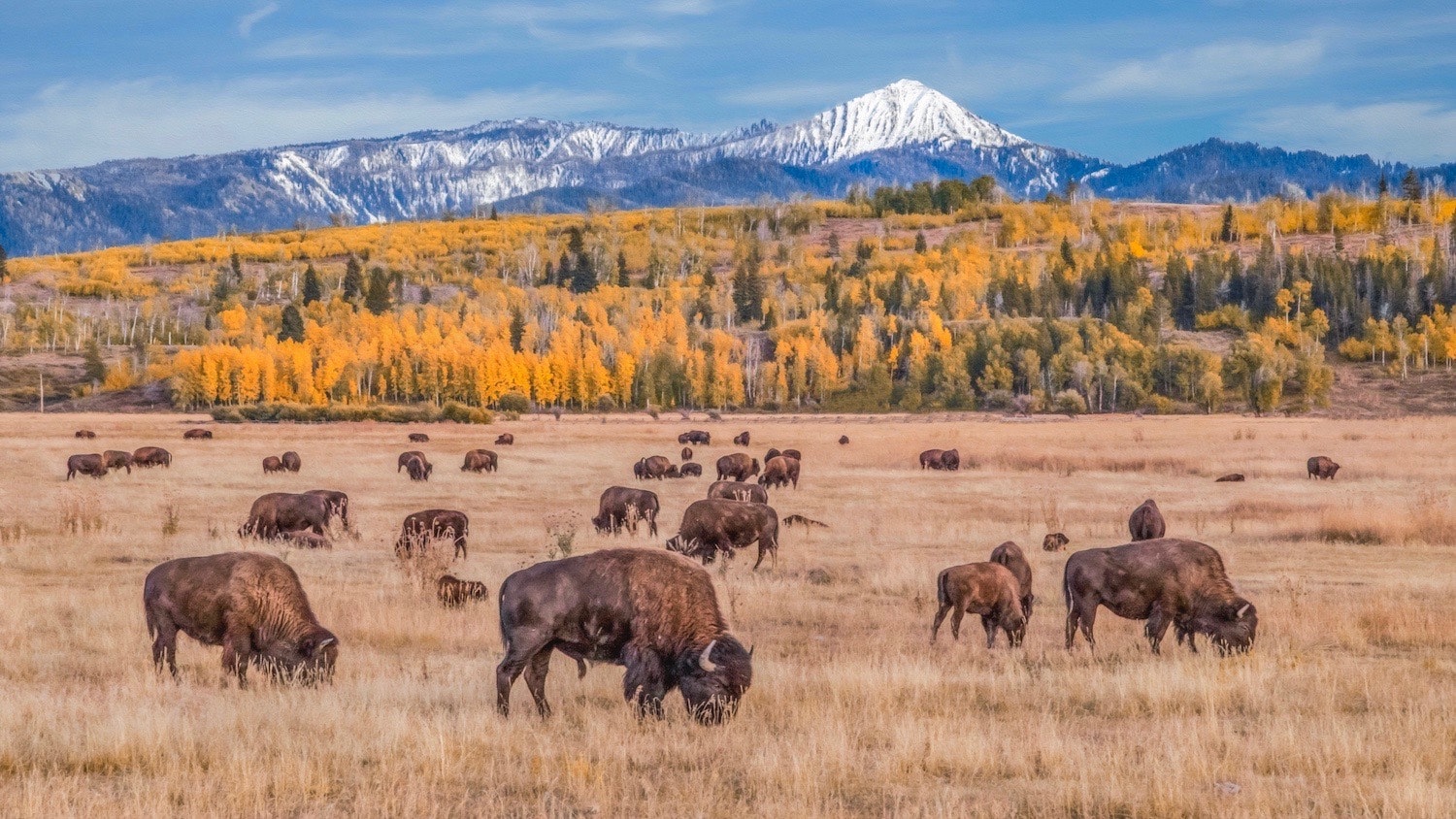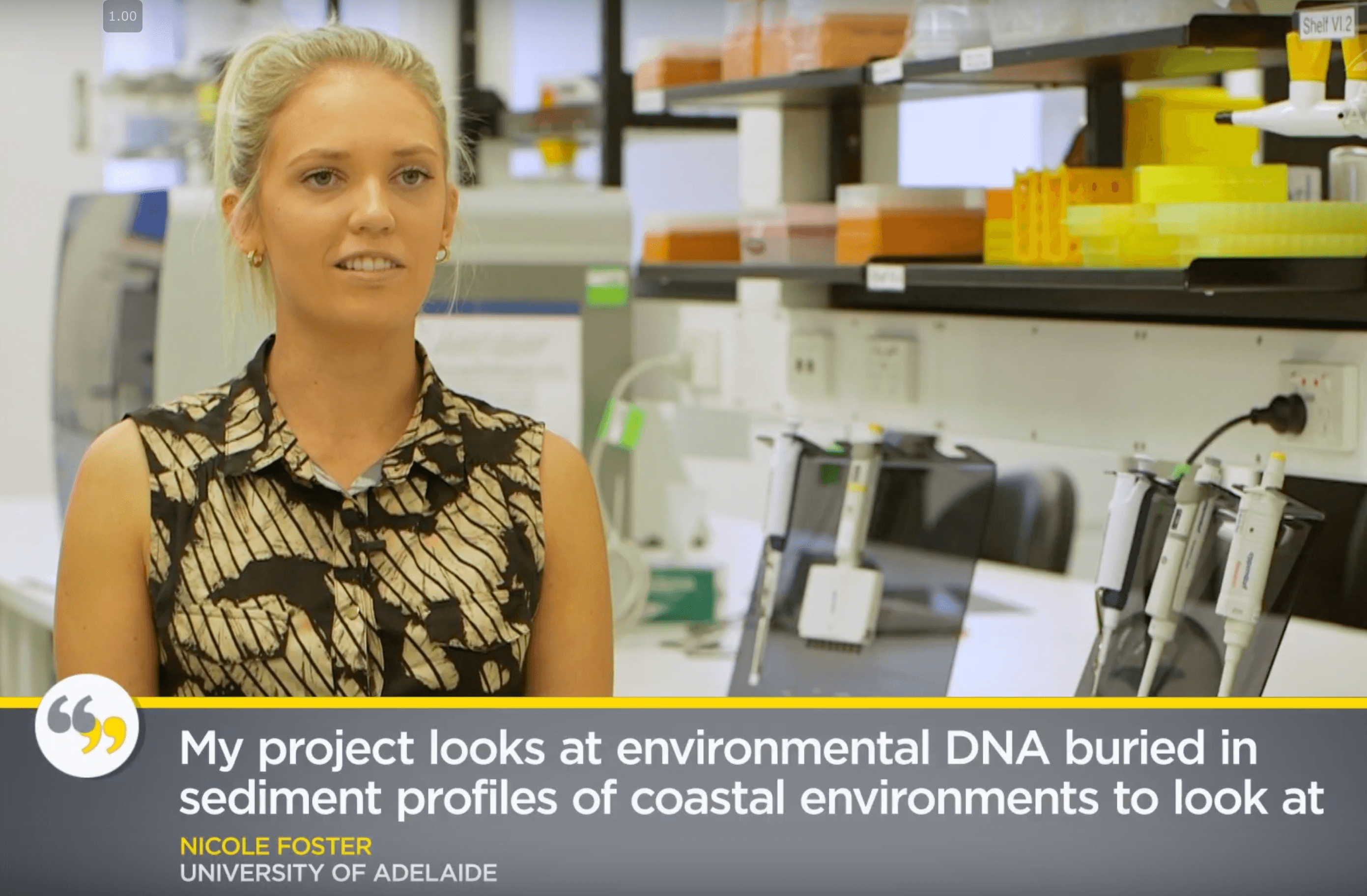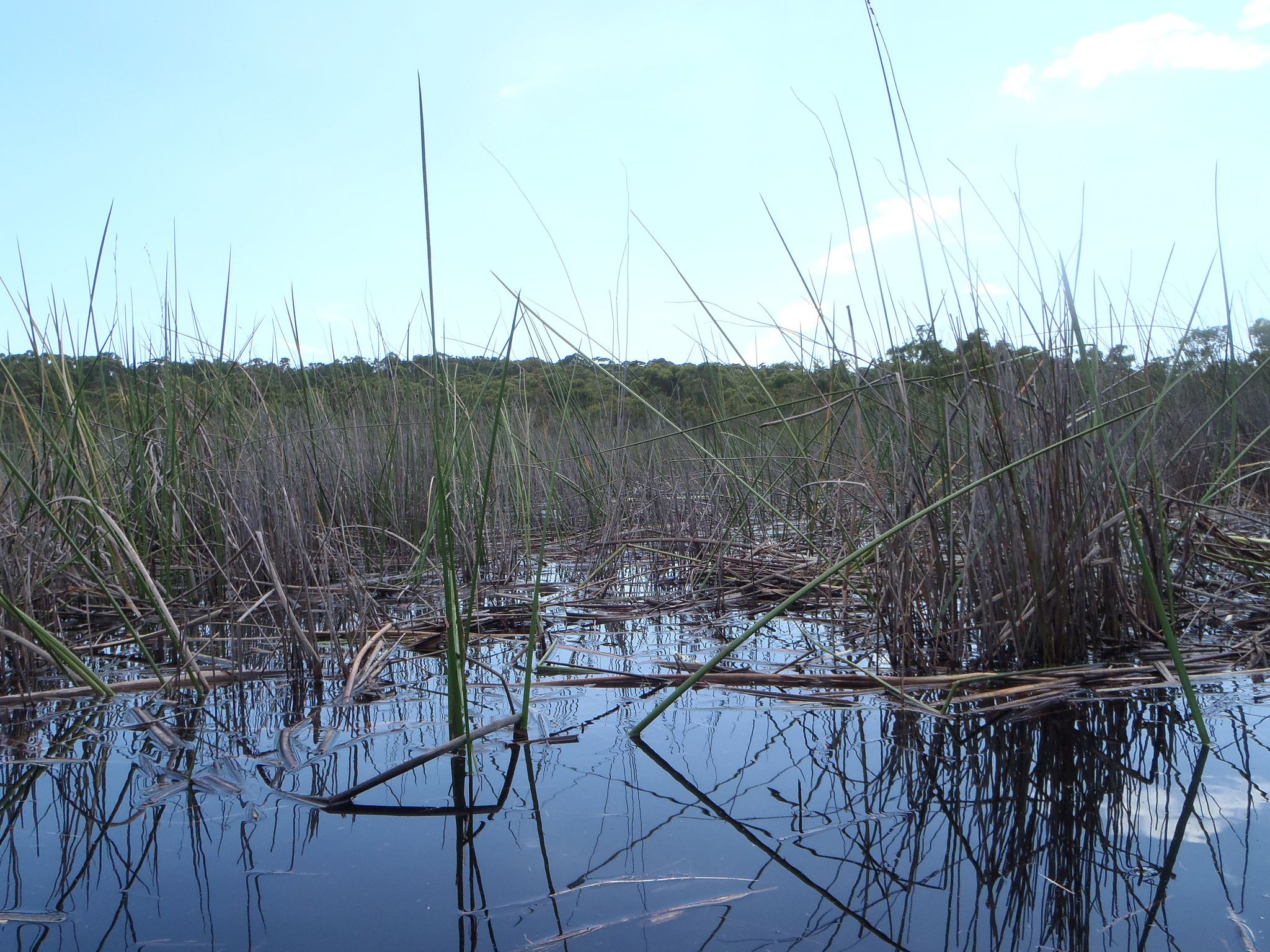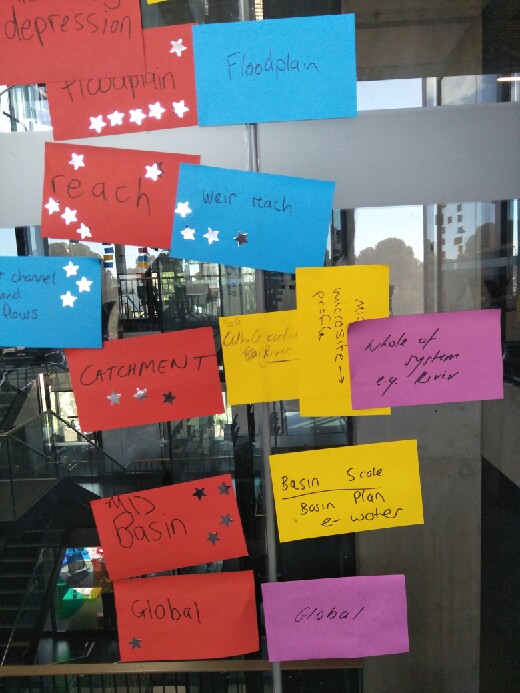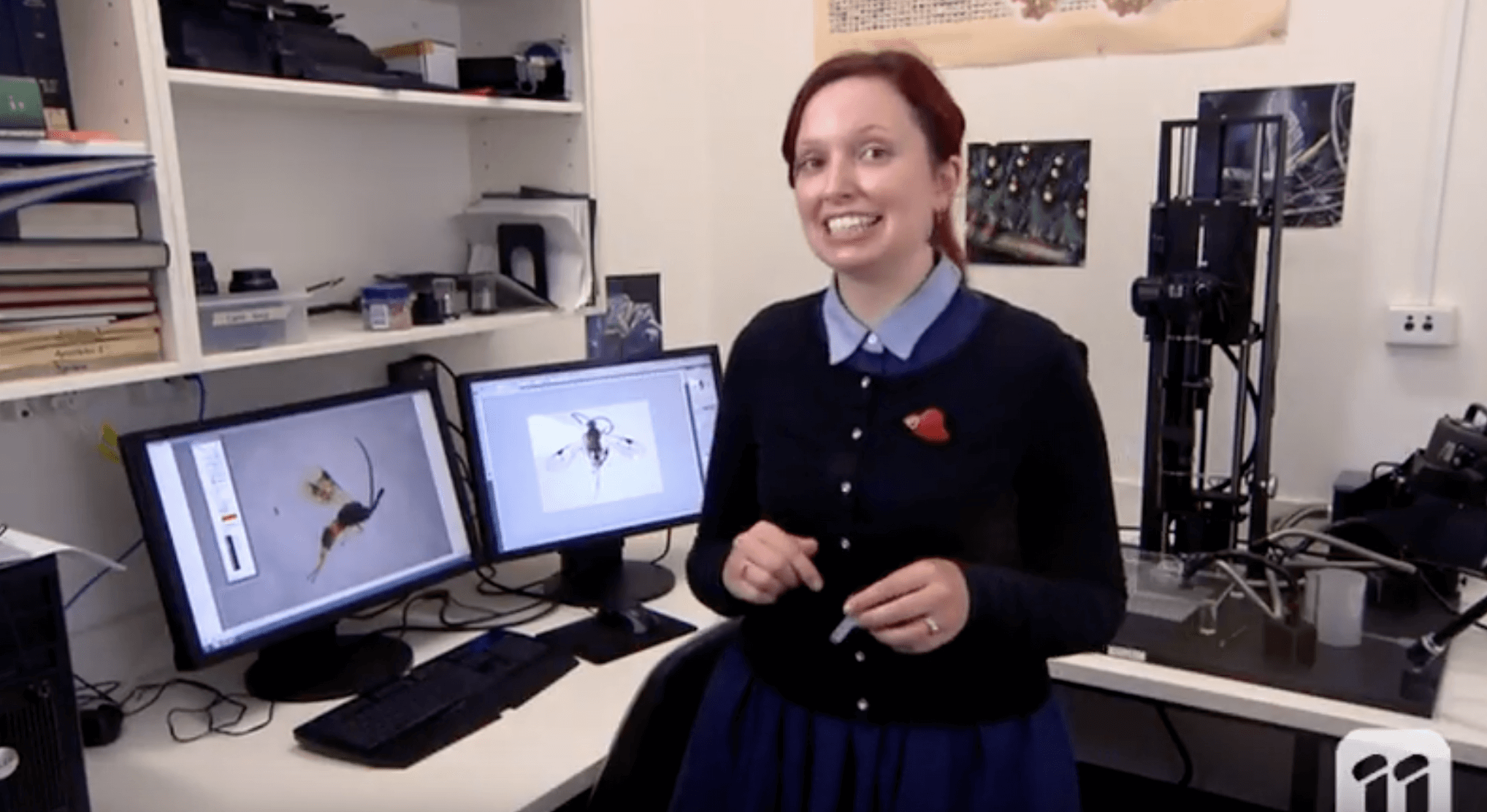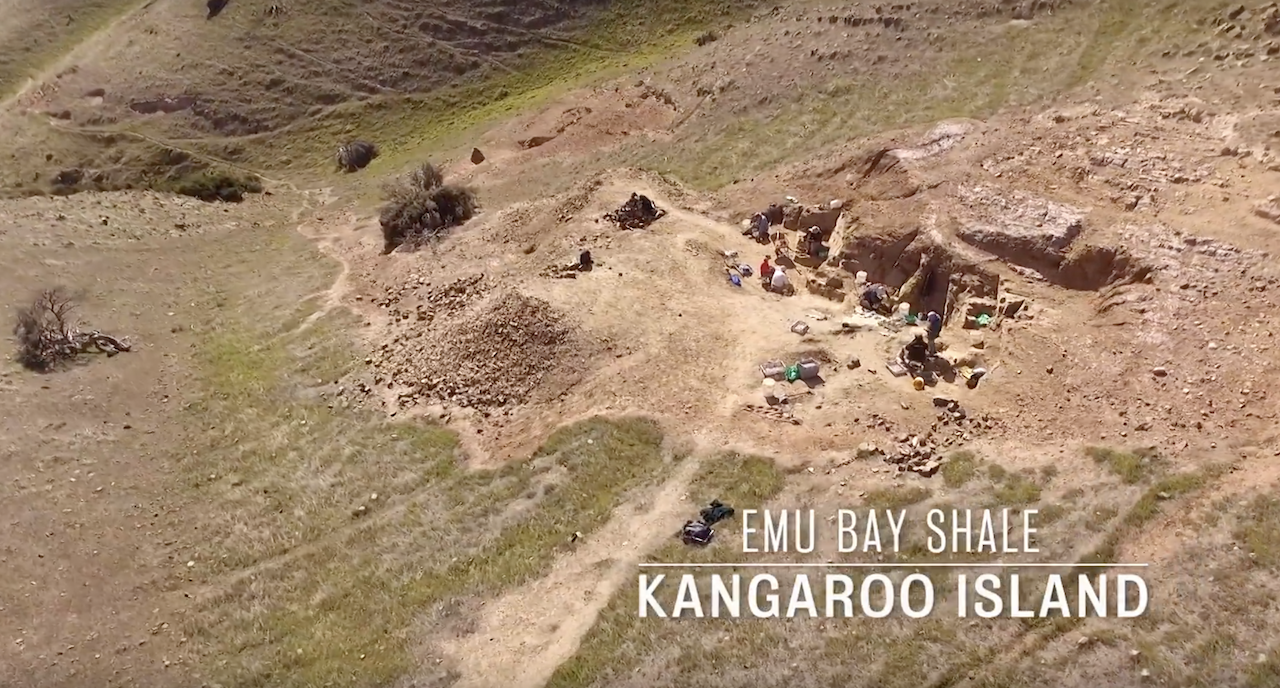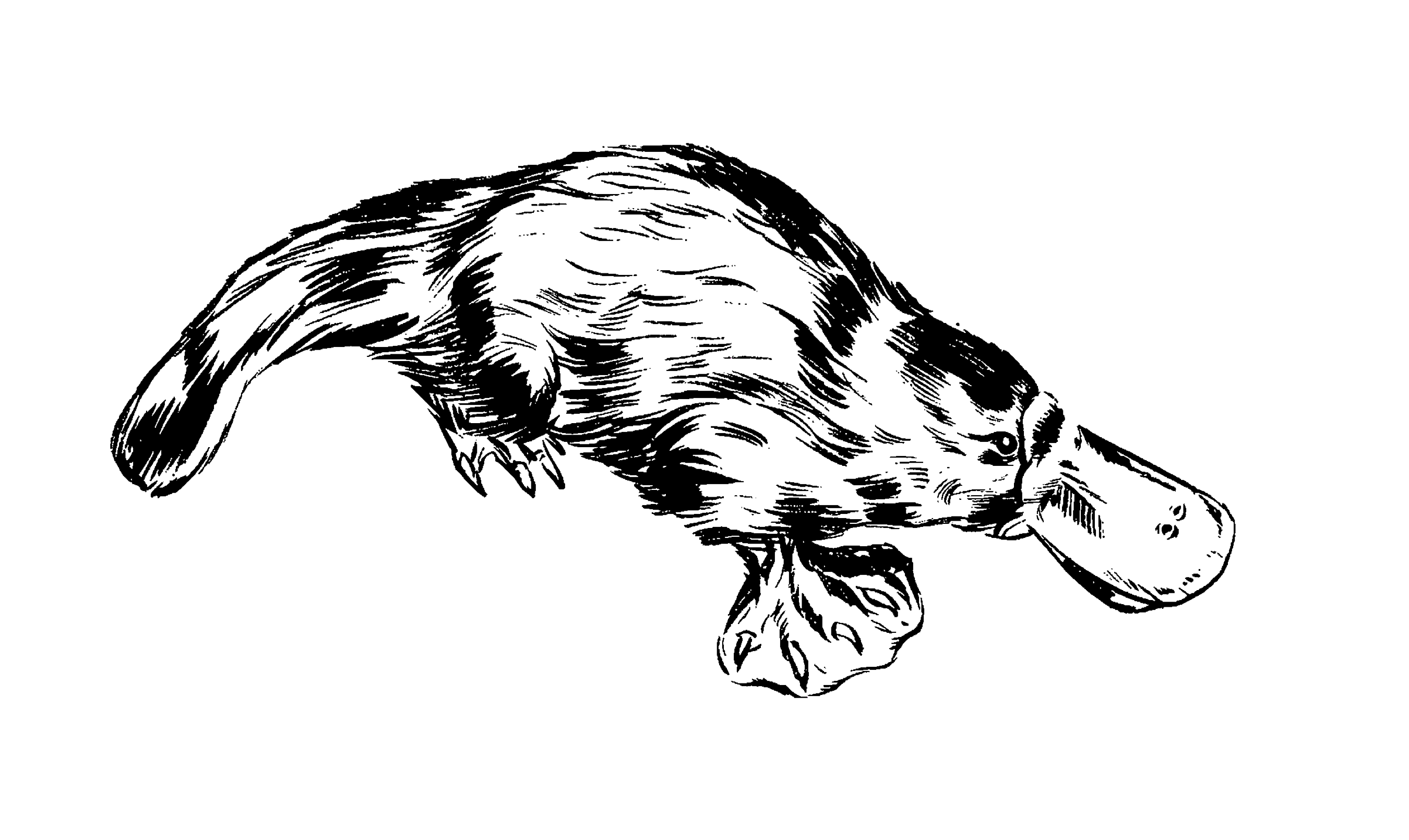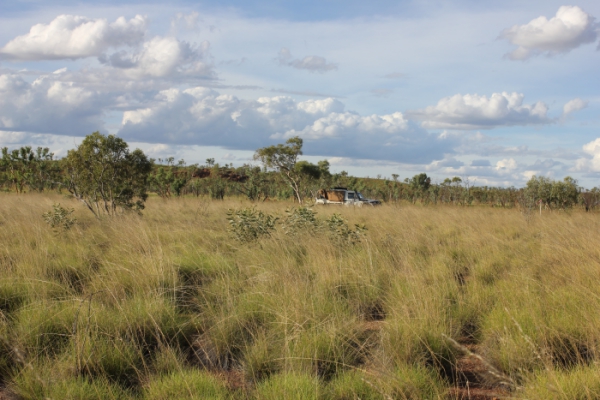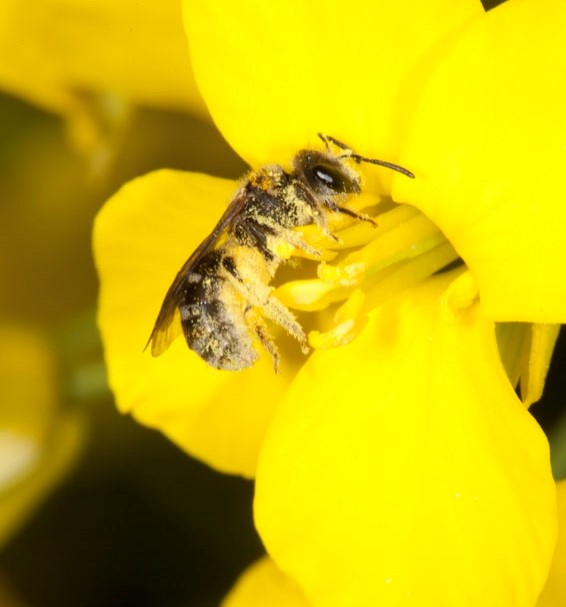BLOGS WEBSITE
TAG: University of Adelaide
Taking stock: a survey of genetic resources in Australasia
Eucalyptus, Acacia, Melaleuca, Macadamia. Even if you’ve never set foot in Australia, you’ve probably heard of these plant genera. That’s because these plants are not only valuable for their inherent beauty and ecosystem services, but also as natural resources that are harvested and exported at a global scale. Australasia has a wealth of new and […]
Comments Off on Taking stock: a survey of genetic resources in Australasia
New paper has found 75% of bison fossils are male
Researchers at the University of Adelaide have discovered that the majority of bison fossils are male, according to a new study in Proceedings of the National Academies of Sciences. This research has been stumbled upon by ancient DNA researchers. When ancient DNA is analysed, specimen sex is also determined as part of the sample processing. However during this process, […]
Comments Off on New paper has found 75% of bison fossils are male
PhD Student Nicole Foster receives Max Day Award
Congratulations to PhD student Ms Nicole Foster from the University of Adelaide, Marine Biology Program who was one of two, 2019 recipients of the Australian Academy of Science Max Day Environmental Science Fellowship Award. The award provides up to $20,000 for early-career researchers working on the conservation of Australia’s flora and fauna, the ecologically sustainable […]
Comments Off on PhD Student Nicole Foster receives Max Day Award
Australia’s Climate Past Challenged!
Researchers at the University of Adelaide have found evidence of climate change that coincided with the first wave of European settlement of Australia, which effectively delivered a double-punch of drying and land clearance to the country. The research, published in Quaternary Science Reviews, suggests that eastern Australia, including Melbourne, Sydney and Brisbane, was much drier […]
Comments Off on Australia’s Climate Past Challenged!
Wetland Productivity Workshop – Partnership with DEW and University of Adelaide
Guest post and images by Dr Jasmin Packer, Research Fellow of the Environment Institute with the School of Biological Sciences. Enter Jasmin: Many thanks again to the Environment Institute for sponsorship of last week’s UoA-DEW Wetland Productivity Workshop. Workshop aim: The workshop aimed to bring together DEW’s wetland management experts with UoA to define productivity […]
Comments Off on Wetland Productivity Workshop – Partnership with DEW and University of Adelaide
The Caterpillar Conundrum on ScopeTV with Erinn Fagan-Jeffries
University of Adelaide PHD student, Erinn Fagan-Jeffries has recently been featured on science-based show – Scope TV. Erinn is researching a group of parasitoid wasps that could help to reduce caterpillar numbers and boost food crops across the country. She has enlisted the help of citizen scientists to breed caterpillars and if wasps are found […]
Comments Off on The Caterpillar Conundrum on ScopeTV with Erinn Fagan-Jeffries
Kangaroo Island Excavation Reveals Two New Organisms!
The Environment Institute’s Associate Professor Diego García-Bellido (@DGarcia-Bellido) from the Sprigg Geobiology Centre has just returned from another successful excavation of the Emu Bay Shale, the 515 million-year-old fossil site in Kangaroo Island. This season’s dig has produced new specimens of exquisitely-preserved Anomalocaris fossil eyes, and at least two new organisms, which are awaiting scientific description. […]
Comments Off on Kangaroo Island Excavation Reveals Two New Organisms!
Mysterious New Diabetes Treatments from Platypus Venom
A world first discovery of a key metabolic hormone found in the venom and gut of Australia’s iconic platypus will now be investigated for its potential to treat type 2 diabetes, in new research led by the University of Adelaide. In a collaboration between the University of Adelaide, Flinders University, Monash University, SAHMRI and the […]
Comments Off on Mysterious New Diabetes Treatments from Platypus Venom
Revealing the history of Australia’s Vegetation
University of Adelaide researchers have uncovered the history of when and why the native vegetation that today dominates much of Australia first expanded across the continent. The new understanding will help researchers better predict the likely impact of climate change and rising CO2 levels on these critically important plants. Called ‘C4 plants’ after their alternative […]
Comments Off on Revealing the history of Australia’s Vegetation
Bees hold the key to Unlocking Increased Crop Yields
What’s all the buzz about? Researchers from the University of Adelaide are mapping the activity of honeybees and native pollinators in areas of revegetation and native vegetation around different crops in South Australia. They will create a short-list of the most useful pollinating species and identify the plants used by the pollinators as sources of […]
Comments Off on Bees hold the key to Unlocking Increased Crop Yields


